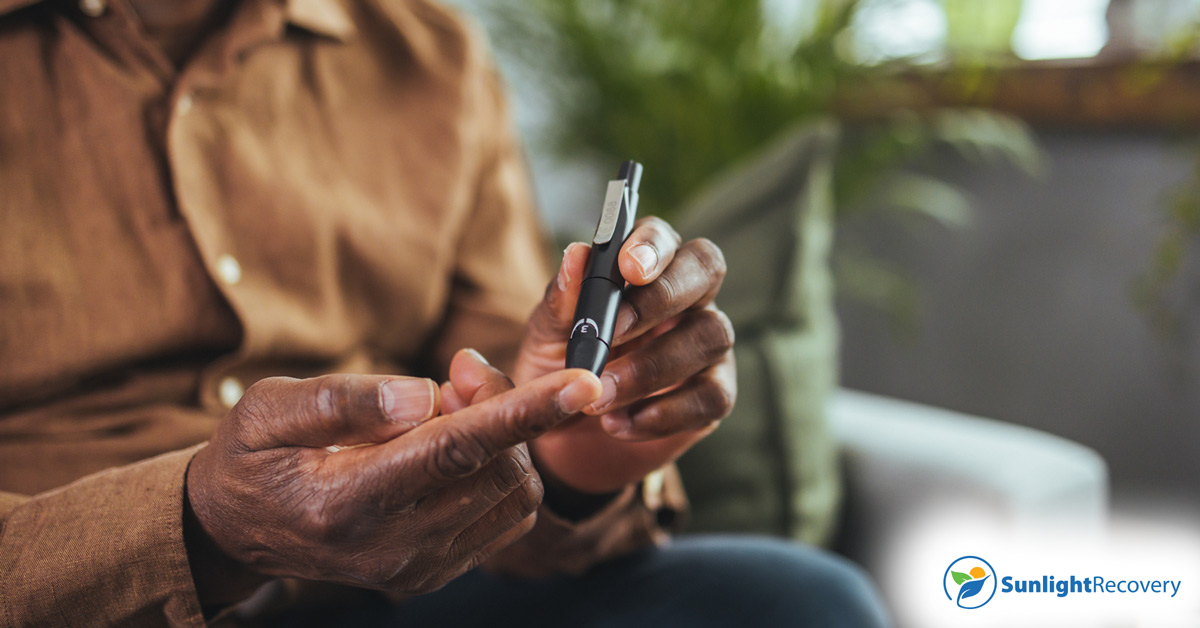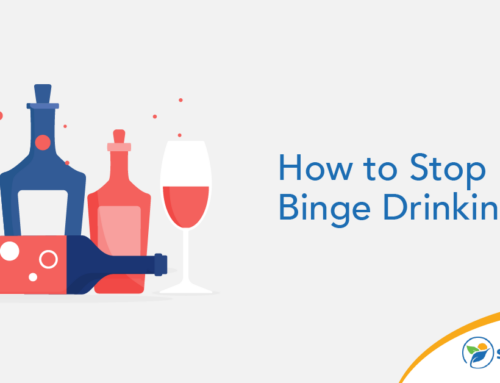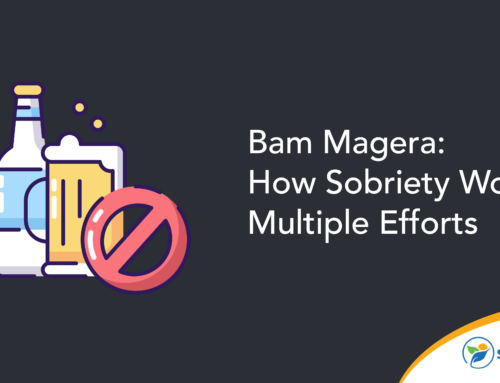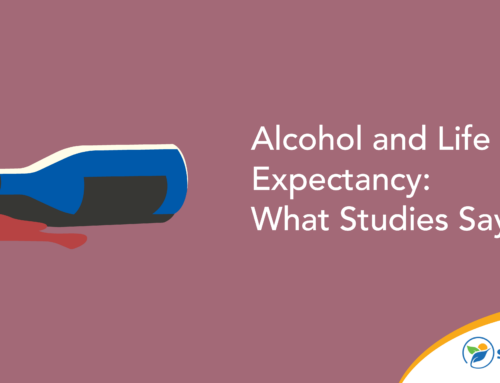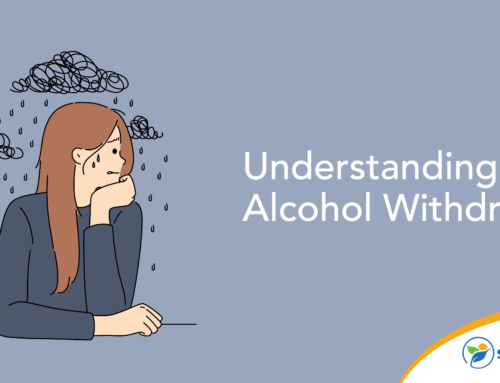In the United States, an estimated 37 million people — around 1 in 10 — live with Type 2 diabetes. In many cases, risk factors include poor diet, being overweight or obese, an age over 45 and a lack of physical activity, and it can even have a genetic component. However, many people don’t know that excessive use of alcohol can also cause high blood sugar and influence the onset of Type 2 diabetes. But does alcohol contribute to diabetes?
Due to the high sugar content in alcohol and the role of organs in insulin and glucose regulation, heavy drinking can play a role in diabetes. This is what you need to know about alcoholism diabetes and diabetes, including the mechanics behind diabetes, risk factors and additional complications.
The Links Between Alcohol and Insulin Resistance
Diabetes is a condition in which the cells in the body don’t respond properly to insulin, a hormone produced by the pancreas that regulates blood sugar. This is known as insulin resistance, which can contribute to kidney disease, vision loss and even heart disease.
Type 1 diabetes is a condition in which the body doesn’t produce enough insulin, requiring the use of artificial insulin through a pump or injections. It usually occurs in children but can appear at any age. However, Type 2 diabetes is often related to individual action, like not eating right, a sedentary lifestyle or carrying more body weight than is helpful, but the genetic component can’t be ignored. With this in mind, it’s not surprising that there’s a connection between alcohol consumption and insulin resistance.
How Alcohol Affects the Liver and Pancreas
An alcohol use disorder can have serious impacts on the liver and pancreas, which can mean compromised function. And due to the role these organs play in the managing insulin, damage from heavy drinking can complicate the management of diabetes.
The liver is one of the organs most susceptible to damage from excessive drinking. Primarily responsible for filtering toxins, the liver has a substantial job to do when high volumes of alcohol are consumed. Ongoing binge drinking can cause liver damage, including fatty liver, hepatitis and cirrhosis. Unfortunately, liver disease from cirrhosis is permanent, creating serious issues for those with and without diabetes.
The pancreas can also be damaged by alcohol abuse. Cells in the pancreas can be damaged by ongoing exposure to toxins, including potentially causing pancreatitis, which can be fatal. Due to the pancreas’ role in creating insulin, pancreatic disease can cause severe complications in maintaining healthy blood sugar levels.
The Role of Excessive Drinking in the Development of Type 2 Diabetes
As multiple studies have demonstrated, binge drinking can result in whole-body insulin resistance. This is primarily due to the impairment of hypothalamic insulin actions. But what does this mean? Effectively, this refers to problems in producing adequate insulin and reduced sensitivity, indicating that the body needs even more insulin to properly regulate.
Alcoholic liver disease is directly tied to insulin resistance as well as overall health challenges, creating the potential for irreversible health problems. Insulin resistance is the first stage of the development of diabetes in conjunction with glucose intolerance, a metabolic condition associated with high blood sugar levels; this is also known as prediabetes.
For those with other risk factors, such as age or diet, drinking can accelerate the development of alcoholic diabetes, which can also include increasing the likelihood of lasting damage to organs like the liver, pancreas and heart.
Risks Associated With Drinking and Diabetes Complications
For those who are diabetic or prediabetic, drinking heavily can be a serious problem. This is primarily due to the impact on insulin regulation. For those who rely on patterns and symptoms to notice blood sugar imbalances, alcohol can interfere, making it harder to control blood sugar levels and insulin management.
The primary concern with drinkers who are diabetic or prediabetic is hypoglycemia. Alcohol can interfere with numerous medications used to control diabetes. These issues stem from the liver — a particular pain point for anyone who drinks heavily, diabetes from alcohol or not.
As the liver plays a role in metabolizing alcohol and maintaining blood sugar, it’s stuck doing two jobs at once. Unfortunately, achieving this balance is very challenging, and alcohol will always win out over blood sugar when consumed in high amounts. In addition, the symptoms of hypoglycemia and intoxication are often similar, making it hard to catch problems until it’s too late.
The Potential Benefits of Moderate Alcohol Consumption
While there are proven connections between alcoholism and diabetes, there’s evidence that moderate consumption might do the opposite for adults in middle age. In a 2002 study of 63 postmenopausal women, moderate drinking was shown to cause a positive impact on fasting insulin and glucose problems and reduce the likelihood of insulin sensitivity. Based on plasma samples, results indicated that two standard drinks may have positive effects on concentrations of insulin and triglyceride concentrations, including reduced insulin sensitivity.
In spite of this, there’s a fine line between moderate and heavy alcohol consumption, and getting into a habit of regular drinking can result in an increased likelihood for abusive use and the development of alcoholism. A healthy lifestyle is the best way to prevent the development of Type 2 diabetes, and that includes reducing or eliminating alcohol consumption.
With the potential for so many health issues, from liver problems to alcoholic diabetes, alcohol is truly best consumed in moderation, if at all. Moderation, or no more than two drinks per day for men or one drink per day for women, is the best way to minimize the risks, keeping alcohol users as safe and healthy as possible. However, regardless of what’s considered safe, alcohol has no health benefits, and to maximize good health, drinking is best avoided.
If you or someone you love is struggling with an alcohol use disorder or alcohol-induced diabetes, help is here. Contact Sunlight Recovery today to learn more about treatment programs that can help you get started on the road to a brighter tomorrow.


